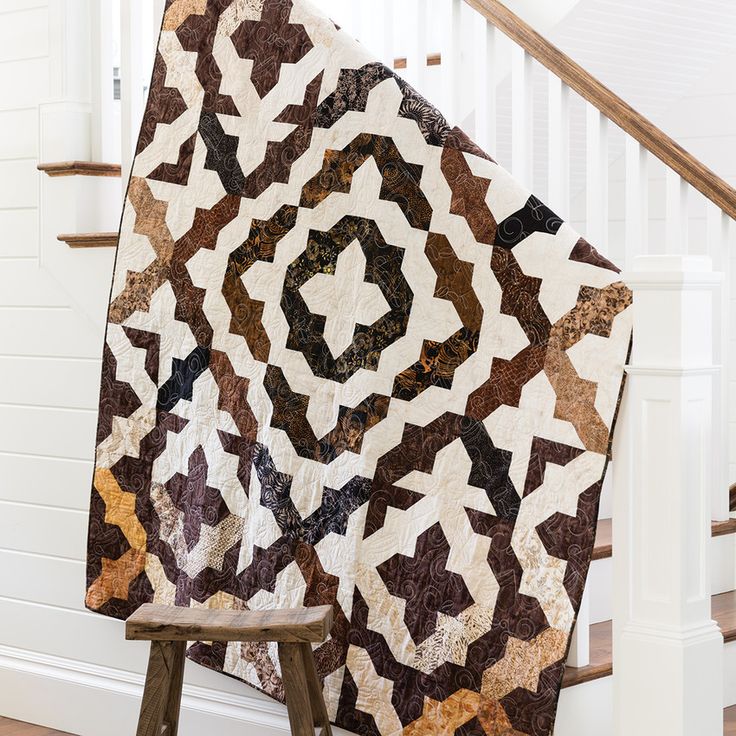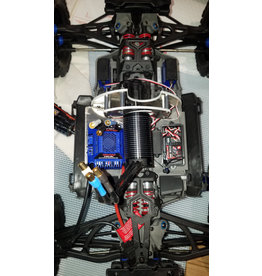
Puzzles can be a good way to improve your hand-eye coordination. Puzzles not only improve hand-eye coordination but also help with spatial perception and problem-solving skills. Children learn new things from puzzles. Find out how to make puzzles more engaging and educational for kids. We will be discussing three important benefits of puzzles in this article. Here are just some of them.
Puzzles increase hand-eye coordination
Children who love puzzles improve their handeye coordination. They must use their hands and see to collaborate. These skills allow the brain to carry out actions like writing and walking. The skills they develop while playing with puzzles are necessary for future life skills, such as problem-solving. They also develop fine motor skills, such as pinching, gluing, and picking up.
As children play with puzzles, they also learn how to set goals and divide larger tasks into smaller ones. They are taught to sort pieces by shape. This step-by–step approach teaches patience as well as the feeling of satisfaction when the last piece is arranged. This skill is essential for future success, especially at school. Children can also learn important social skills like cooperation and communication through puzzle play.

They enhance problem-solving skills
Some puzzles may help you develop problem-solving abilities, while others are more fun. Puzzles can be great for your child's overall growth, no matter what their interests. Some research shows that puzzles can help your child develop critical thinking skills and logical reasoning. Aside from being fun, puzzles can also help your child learn to work collaboratively and as a team. These three factors make puzzles an excellent choice for young children.
While children are playing with puzzles, they are also learning about shapes, colors, patterns, and other important aspects of the world. Children can improve their cognitive development by sorting and applying the knowledge. They will be able to use these skills to interact and understand their environment. They will also learn how to communicate with one another and cooperate with other children.
They improve spatial perception
Puzzles make children more spatially aware. It's not completely clear how. While some studies suggest that puzzles help improve spatial thinking in children, others show no correlation. But what they did find was that children who engage with puzzles and play with them for extended periods of time may be more likely to learn spatial reasoning as a result. And some of these benefits may be attributed to attention, in which the child has trouble shifting and sustained attention.
The authors of the new study also found that boys engage in more spatial play than girls. These activities include board games, puzzles, blocks and puzzles. The exact mechanism of spatial reasoning is still being studied. This discovery could have important implications for parents and educators, as well the toy industry. However, they caution that further research is needed before any conclusions can be drawn. Further research is needed to determine the best educational strategies for children.

They allow children to learn new skills.
Puzzles are a fantastic way to teach children about new topics. Puzzles encourage problem solving skills, as children plan to place pieces together. They help children make quick decisions, and develop their observational skills. Puzzles are a great activity for kids who love learning new things. Here are some advantages of puzzles for children. Continue reading to find out how puzzles can help children learn new things.
Math, reading and other subjects are greatly affected by the cognitive skills that your child acquires while solving a puzzle. Puzzles also help kids learn new shapes, animals, and themes. These skills are crucial in any subject area so puzzles can be a great tool to help develop them. It helps children to recognize patterns by repeating them, which builds confidence. Puzzles are a great way for families to have fun together. Simple games like racing through a maze, or solving a riddle, can encourage family bonding.
FAQ
What are some free resources I can use to learn more about hobbies
There are many websites dedicated to helping people discover new hobbies.
These are our top picks:
www.trythisathome.com - This site provides a list of over 100 different hobbies. It also includes information on how to get started on each one.
www.hobbyfinders.org: This website offers thousands of activities you can search by skill level, location, or interest.
www.indiebazaar.co.uk - IndieBazaar is an online marketplace designed specifically for independent artists and musicians. The site sells hundreds of items, including artwork and music gear.
www.pinterest.com/explore/hobbies - Pinterest is a social media network that lets users "pin" images they find interesting onto their boards. Boards let users organize what they like into particular categories.
www.reddit.com /r/Hobbies - Reddit is another social media platform that lets users post links to articles, videos, or other types of content. Users can vote on which posts they think are most valuable.
What types of hobbies are suitable for introverts?
The ability to focus on just one thing is a hallmark of introverts. They prefer solitude, such as reading, writing music, or watching movies.
They also enjoy quiet time. They do not like to socialize all day. They often feel bored when they are surrounded by people.
Introverts may choose to do hobbies that are more alone-oriented. For example, they may enjoy reading books, listening to music, taking photographs, painting, writing poetry, etc.
Some introverts prefer to live alone. This allows them to focus on their hobby without being distracted by other things.
What are some hobbies that you like?
Hobby Ideas for People who Love to Learn and Teach Others.
Hobbies can allow you to be creative and have fun while learning.
While there are many types of hobbies available, most share the same characteristics. These hobbies are often enjoyable and require minimal effort.
They also tend to involve working with others, whether teaching someone how to play an instrument or helping them build a model airplane.
While you may not see yourself as a teacher at first, chances are that there is something you could do for someone else.
If you're looking for more creativity in your life, think about starting a hobby so you can share your talents with others.
What are your educational hobbies?
An educational hobby involves a sport or other activity where you can learn something from doing it. This could be anything you want, such as playing sports or learning how to play an instruments.
It should be enjoyable and fun for you. It doesn't have to be done all the time. However, if you get bored of it, you should think about other things you can do instead.
You should also make sure that you are not spending too much money on these activities. It could end up costing your more than it's worth.
Statistics
- Almost 80% of people claim to have no hobby. (hobbylark.com)
- I am 100% biologically a woman (discover.hubpages.com)
- This 100% accurate personality-analyzing hobby quiz discovers your passion based on your characteristics. (quizexpo.com)
- In comparison, men in the “no humor” condition were refused 84.6% of the time and were only accepted 15.4% of the time. (time.com)
- The intensity of the dialogue partners' bond at the end of the forty-five-minute vulnerability interaction was rated as closer than the closest relationship in the lives of 30 percent of similar students. (time.com)
External Links
How To
How to Choose the Right Hobby For You
Ask yourself some questions to find out if your hobby is right.
-
Do I enjoy doing it?
-
Does it give me pleasure?
-
Do you think it's something I would enjoy doing when I get older?
-
Do I have any skills?
-
Are there ways to improve?
-
Would I recommend it to other people?
-
It will bring me joy.
-
Can it help me to relax
-
Do I feel better?
-
It will teach me skills I can use later on in my life.
-
Is it possible to make new friends?
-
Will it allow me to express my creativity?
-
It will it give me the chance to learn new things?
-
Is it going to give me the confidence?
-
It will give me a feeling of achievement.
-
Will it result in financial success for you?
-
Will it enable me to travel?
-
It will allow me to travel new places.
-
Will it motivate me to exercise more?
-
Will it inspire me to work harder?
-
Can it motivate me and help me succeed?
-
Do I have to take part in activities that I don't normally think of?
-
Will it challenge me?
-
It will be entertaining.
-
Will it keep me fit?
-
Can it help you save money?
-
Can it lower stress levels
-
Is it going to stop me from getting bored?
-
Will it free up my time?